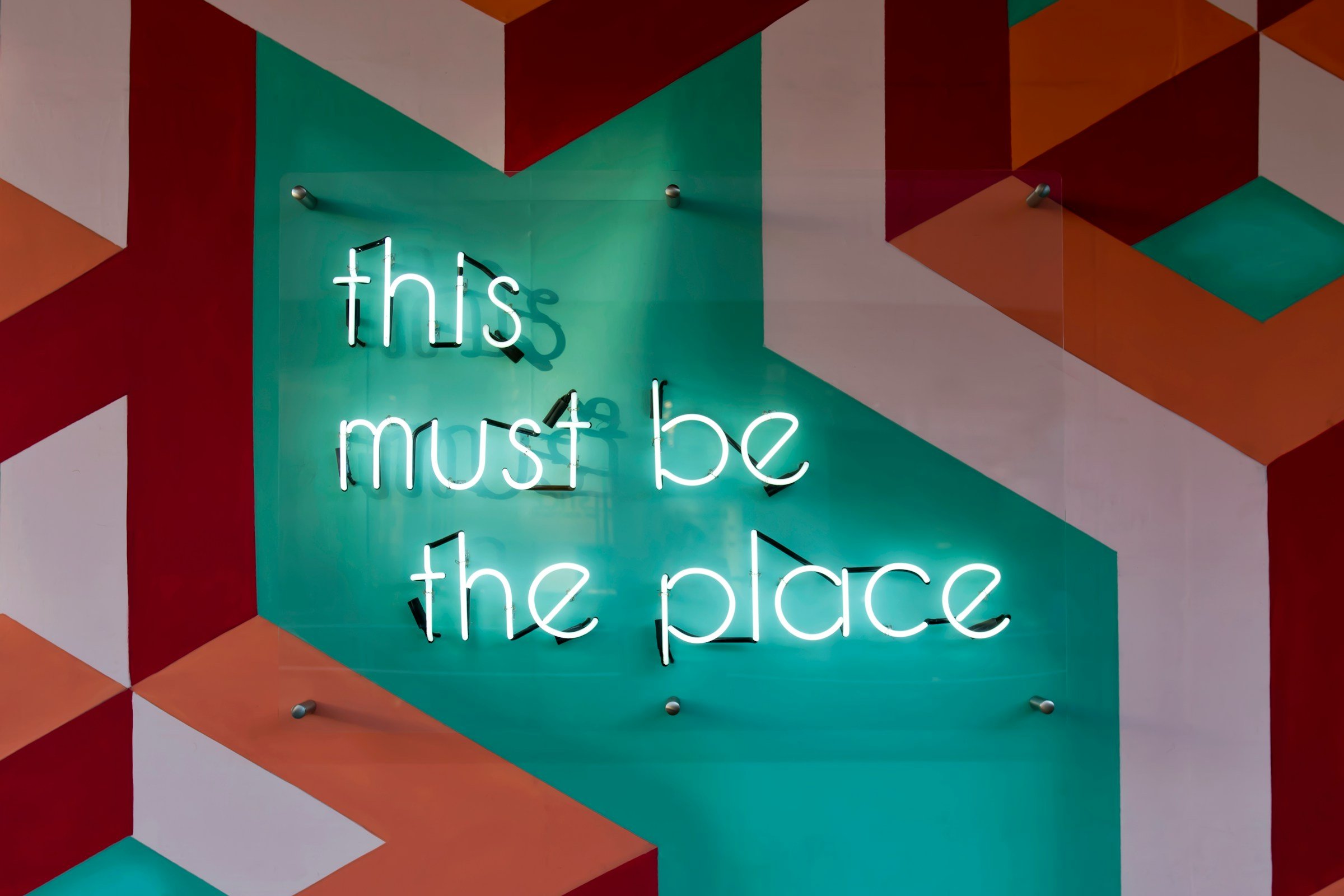A Brand Worth Living…
Employees. They’re people.
In a world where brands are defined by the customer’s experience, you need these people to live your brand.
Yet you can’t just instruct them or program them to do so.
Your brand needs to be worth living.
Growing up in retail, I quickly became familiar with the old adage, “For happy customers, you need happy staff.”
Today, this is more relevant than ever. While it’s harder and harder for advertising to gain and hold people’s attention, brand touch points have multiplied. Whenever and however a customer happens to encounter the brand, it needs to feel coherent. This now defines the brand.
Yet, anticipating and controlling every customer interaction across multiple touch points is an impossible task. Brands are made up of people, and people are people. Their behaviors can’t be designed and executed like a piece of marketing communication.
For marketers, it’s easy to assume that the answer simply lies in defining and communicating the brand internally. Indeed, just google internal marketing and you’ll find no end of advice on internal marketing campaigns.
However, employee behaviors are not driven by marketing plans, however well communicated. Rather, they’re guided by the culture of the business. As HBR put it, “Culture tells us what to do when the CEO isn’t in the room, which is of course most of the time.”
For employees to really live the brand, the brand needs to be embedded in the culture of the business, and employees need to feel that the brand is worth it.
What makes a brand worth living?
Brands that customers feel have engaged employees include Apple, Chik-fil-A, In-N-Out, SouthWest Airlines, Starbucks, and Trader Joe’s. As one customer put it, “you can tell the employees enjoy working there.”
When you then talk to employees about what makes the brand worth living, you get a broader variety of reasons that generally fall into three main groupings:
It does something worthwhile beyond making money. This can be something that makes a positive impact on society or the environment. Or it can be something that helps people in their daily lives. Either way, it makes the work meaningful.
It has a good reputation. It does what it says, has a clear set of values, and behaves fairly. They are proud to be associated with its success and its values.
People like working there. It’s a supportive environment, everybody feels valued and that they belong.
So what can a brand do to encourage this?
3 keys to building a brand worth living
These are the foundations I’ve found essential to put in place:
Stand for something meaningful
Center the brand on improving people’s lives in some way. This needs to be directly connected to what the brand does, rather than some generic statement about doing good, so that it makes sense to employees (and customers).
Add a clear set of values to live by. These should reflect a brand that is fair and does the right thing, to create a sense of pride.
Then, flow this through everything that the business does, its products and services, policies and processes, communications and KPIs. Otherwise, they’ll just be meaningless statements on a screen or a wall. In particular, it’s helpful to build them into job descriptions, so that every employee can see how their particular role makes a contribution.
Enable your people to deliver
Even if the work is meaningful, employees need to be equipped to deliver for customers.
Give people autonomy to get on and do what’s needed, backed up with training so that they can master the skills required.
But also ensure the policies and processes of the business are lined up to enable them to deliver. I remember once being on a Customer Service desk in a Tesco store, just after we’d introduced an excellent no quibble returns policy. Customers appreciated it, but processing a return turned out to be extremely difficult and time-consuming. Rather than delivering a positive experience, both employees and customers ended up frustrated.
Cultivate a sense of belonging
Much of this sense of belonging comes from doing meaningful work for a good company that helps me get my work done. However, in all the workplace research I’ve ever been involved in, there’s one extra element that always comes up. People want to feel recognized and valued, by their co-workers, manager, and senior leaders. Otherwise, they feel like outsiders.
Commit to creating a positive and inclusive workplace, where everyone feels welcome. It’s helpful to pay particular attention to the onboarding of new hires, so they immediately feel seen and heard.
Underlying all this is perhaps a revised adage for today’s environment, “For a great customer experience, you need a great employee experience.”
In a world where brands are defined by the customer’s experience, your brand depends on it.



